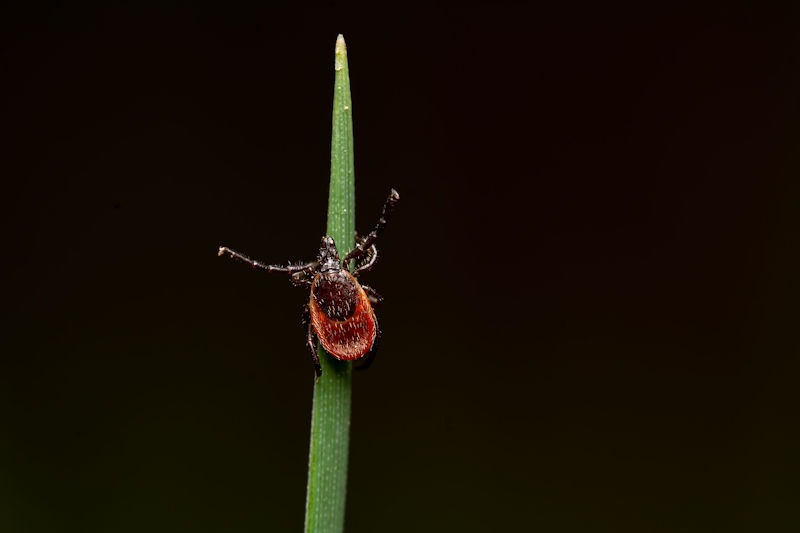
by Planet Friendly Pest Control | Nov 5, 2024 | Lyme Disease, Ticks
Why Spring and Summer Matter for Tick Control Black-legged ticks, also known as deer ticks, are the primary vectors of Lyme disease. These ticks are most active during spring and summer, making these seasons critical for intervention. The lifecycle of black-legged...

by Planet Friendly Pest Control | Oct 31, 2024 | Lyme Disease, Rodent Control, Ticks
Reducing white-footed mice populations in the fall and winter can be a significant strategy in controlling Lyme disease risk. These rodents play a crucial role in transmitting Lyme disease to ticks, which can then infect humans. By implementing effective control...
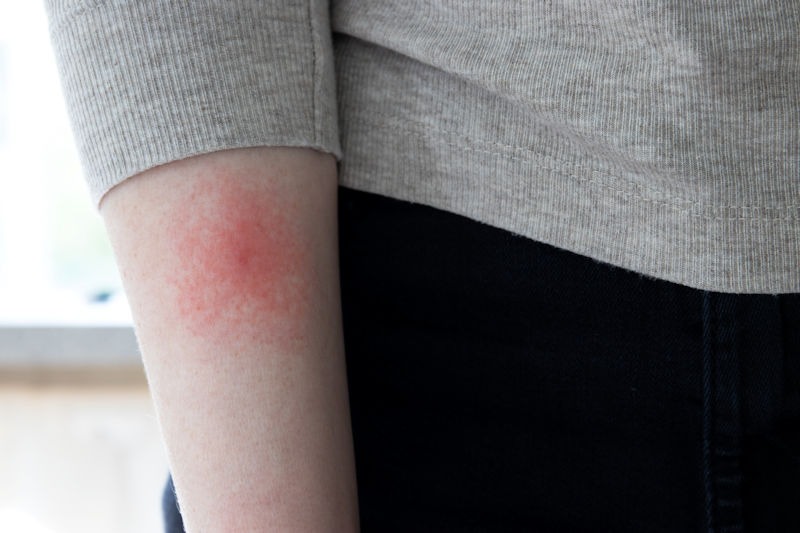
by Planet Friendly Pest Control | Oct 26, 2024 | Lyme Disease, Rodent Control, Ticks
Introduction to Lyme Disease Lyme disease is a tick-borne illness caused by the bacterium Borrelia burgdorferi, primarily transmitted to humans through the bite of infected black-legged ticks (Ixodes scapularis) in the northeastern, midwestern, and southeastern United...
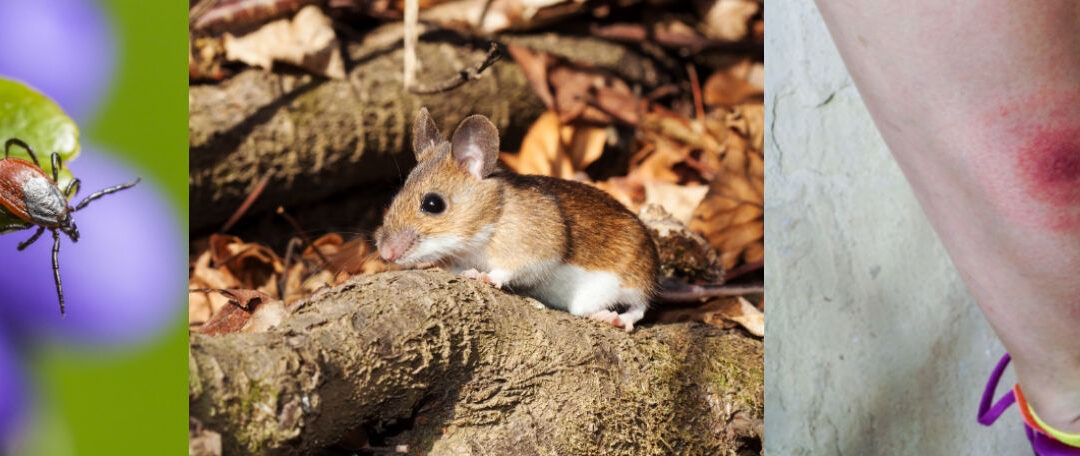
by Planet Friendly Pest Control | Oct 10, 2024 | Lyme Disease, Rodent Control, Ticks
Lyme disease is a significant public health issue, particularly in areas where the disease-carrying bacterium Borrelia burgdorferi is prevalent. The cycle of transmission involves multiple species, but three primary players are crucial in the spread of Lyme disease:...
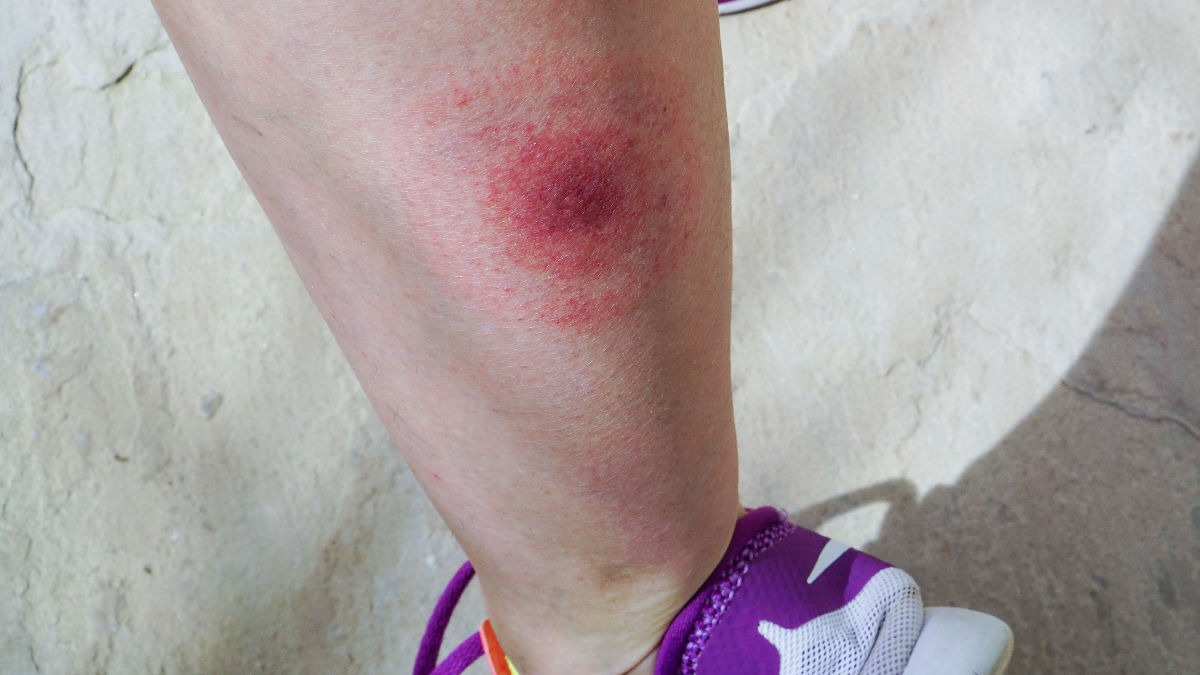
by Planet Friendly Pest Control | Oct 10, 2024 | Lyme Disease, Rodent Control, Ticks
Lyme disease is a significant infectious disease that primarily affects humans and animals. The bacterium responsible for Lyme disease, Borrelia burgdorferi, is a spirochete that is transmitted to humans through the bite of infected black-legged ticks, commonly known...
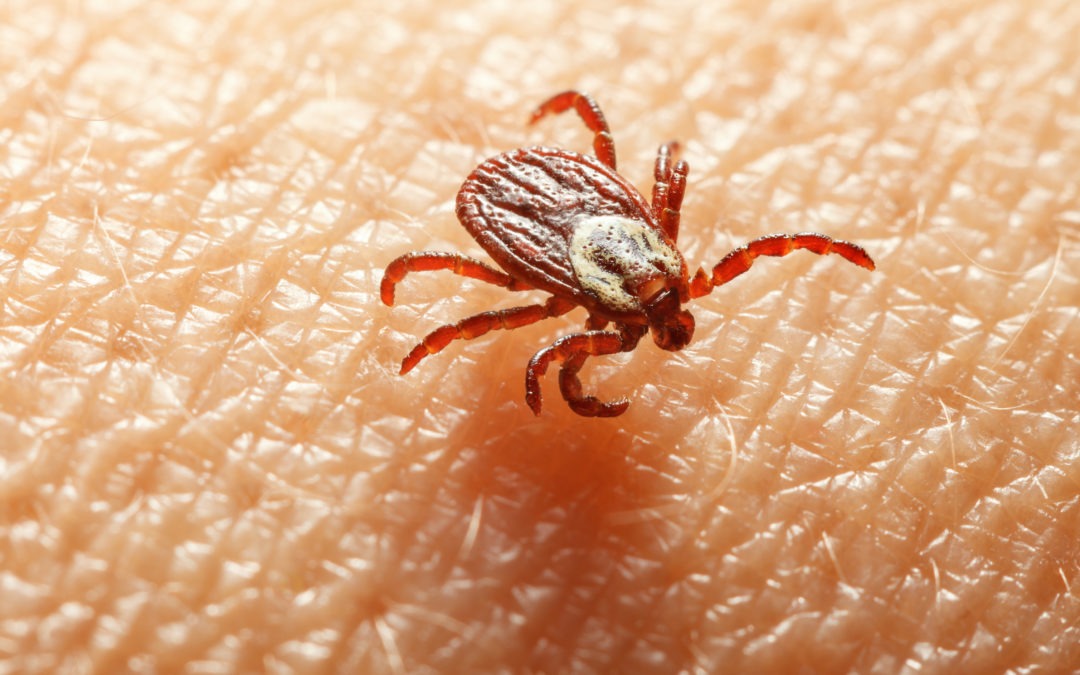
by Planet Friendly Pest Control | Jul 22, 2020 | Ticks
For Pet-Safe Tick Control Click Here It’s summertime! You know what that means: sunshine, cool pools, and of course, really ugly ticks. Yep, you heard it. Ticks. Just the word can make your skin crawl in disgust. Not only are ticks gross, but they can cling onto...







